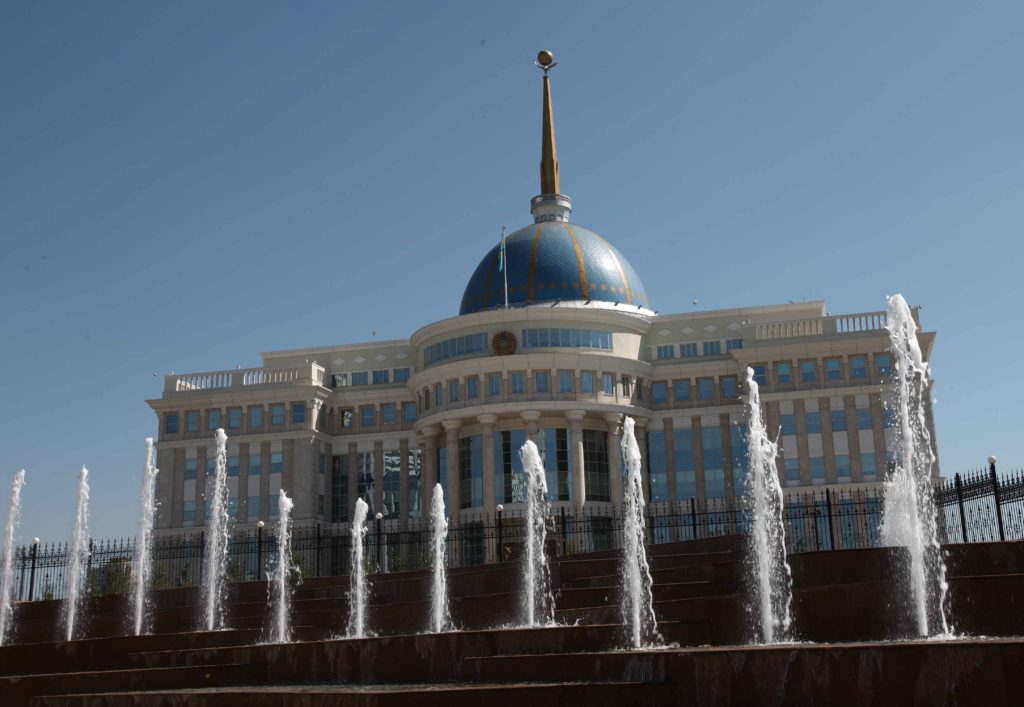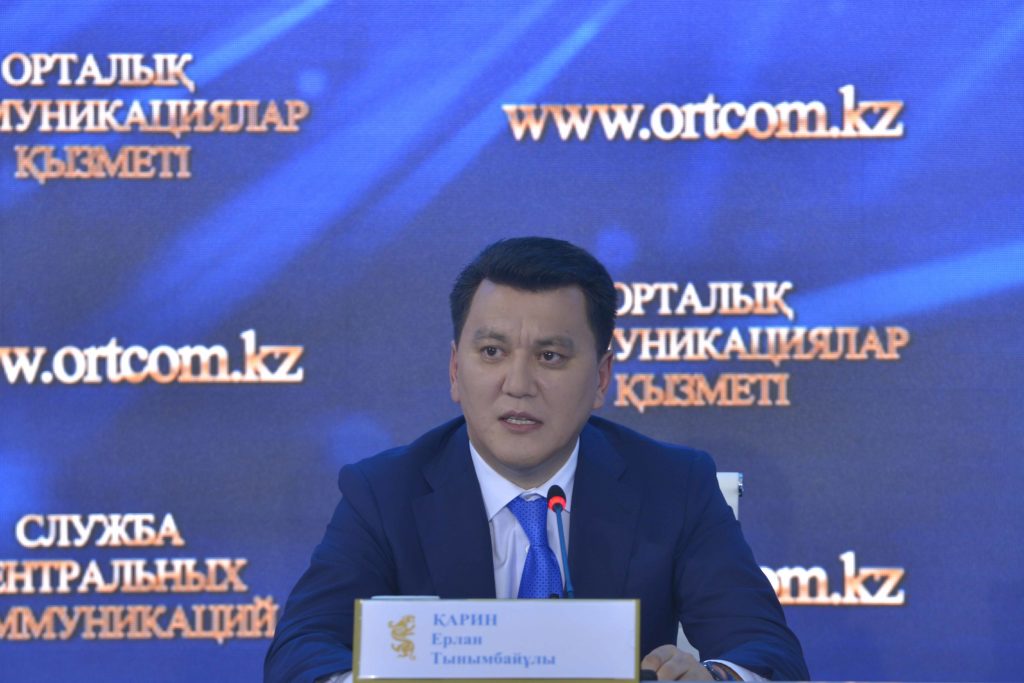NUR-SULTAN – Kazakh President Kassym-Jomart Tokayev established July 17 the National Council of Public Trust to make government more responsive to the people.
The National Council is an advisory body to the President and will make public policy recommendations after broad discussion with representatives of the public, political parties and civil society.
The council includes 44 public figures, civil society activists, human rights activists and journalists.
Tokayev will chair the council. Presidential Administration Head Krymbek Kusherbayev is deputy chair, while Presidential Advisor Yerlan Karin is the secretary of the council.
Among the members are candidates from the June 9 presidential election Dania Yespaeva, Toleutai Rakhimbekov and Zhambyl Akhmetbekov. The council also includes public figures such as political scientist and BTS Digital Chair Sayasat Nurbek, Kazakhstan Media Alliance CEO Armanzhan Baitassov, lawyer Ayman Omarova, activist Mukhtar Taizhan, journalist Mikhail Dorofeyev, as well as political scientists Aidos Sarym, Oraz Dzhandosov, Daniyar Ashimbaev, Andrei Chebotarev and Rasul Zhumaly, among others.
The National Council also includes commissioners for human rights in Kazakhstan, for children’s rights and the ombudsman for the protection of entrepreneurs. A full list of members can be found on the Akorda (presidential residence) website.
“We can say (they are) leaders of public opinion. That is, according to the composition of the National Council, we see that these are all the people that have been very active in Kazakh platforms in recent years. It can be in social networks, platforms for dialogue, expert communities. That is, people with a very active civic stand. The National Council of Public Trust is a kind of permanent dialogue platform,” Kazakhstan Institute for Strategic Studies International Studies Department Head Assel Nazarbetova told 24.kz.
The council selected its members “taking into account how long they were engaged in the actualisation of certain problems,” said Karin at a July 17 press briefing.
“We have a lot of so-called situational leaders who appear today, raise some questions, and tomorrow they disappear abruptly from the informational, social and political field. We cannot rely on them,” Karin added.
According to him, the council “is very balanced, includes representatives of all major socio-political groups in the country. Here [there are] representatives of the ‘old’ opposition, representatives of the new protest movement, civil society activists, prominent human rights activists who have been involved in the protection of human rights for many years, youth activists and leaders, and also representatives of the regions and leading Kazakhstan experts.”
The council membership is a community service and its members will not be paid.
The members will form working groups to discuss issues and proposals and send recommendations directly to the President. The final format of the council’s activities is still being established.
“Working groups will be formed in different directions… What directions these will be will be clear at the end of the first meeting (in August),” said Karin. The council will meet three times per year.
“Representatives of public councils under local authorities will also be invited to meetings of the National Council. This will allow us to consider the issues under discussion both on a national scale and in the context of the vision of individual regions,” he said.
By the decision of the chair, the National Council may also include representatives of public councils at the national and local levels, as well as other persons.
Tokayev promised to form the Council during his June 12 inauguration address.
“I am convinced that members of the National Council, prominent public figures will make a significant contribution to the country’s modernisation. This is a very important task,” wrote the President July 17 in his Twitter account.



